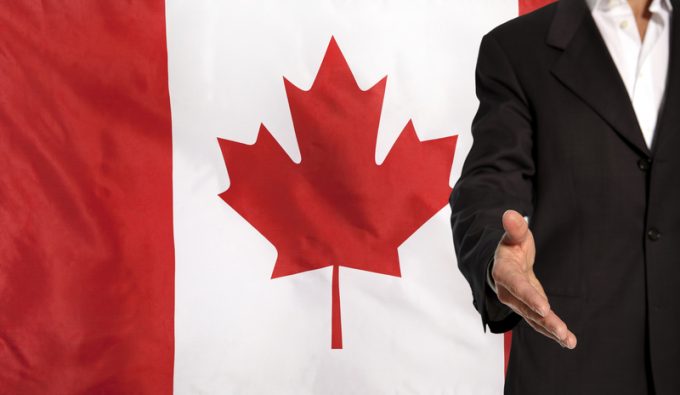Business calls for end to French port strikes, but unions plan more
French industry body the Mouvement des Entreprises de France (MEDEF) is demanding a swift end ...

The port strike that paralysed most cargo moves through Canadian west coast ports since 1 July moved closer to its end yesterday.
Both the ILWU and British Columbia Maritime Employers Association (BCMEA) endorsed the compromise suggested by a federal mediator, opening the way to ratification by their respective members.
According to an operations update by the port of Vancouver, some operations were already set to resume yesterday afternoon, hours after the two sides signalled acceptance of the proposed four-year labour agreement.
However, it ...
Outlook for container shipping 'more uncertain now than at the onset of Covid'
Shippers warned: don't under-value US exports to avoid tariffs – 'CBP will catch you'
Cancelled voyages take the sting out of spot rate declines this week
New Houthi warning to shipping as rebel group targets specific companies
K+N CEO unveils impact of US import tariffs on China-origin goods
Blanked sailings in response to falling demand 'just a stop-gap solution'
CMA CGM to reflag box ship as the French carrier eyes growing Indian market
Boeing looks to resell up to 50 aircraft rejected by Chinese buyers
More pressure on transpacific rates as carriers bet on a China-US trade deal
'Strong start' to 2025, despite market uncertainty, says Kuehne + Nagel
USTR fee could price Chinese carriers out of US trades
Teamsters union vows UPS will be 'in for a hell of a fight' over jobs cull
US Customs chaos means 'more downside risk than upside potential' for air cargo
Taiwan ministries act to mitigate effect of trade war on agriculture exports
Wan Hai joins box shipping 'arms race', but avoids Chinese yards for newbuilds
MOL signs up with Climeworks for direct air carbon capture and storage


Comment on this article